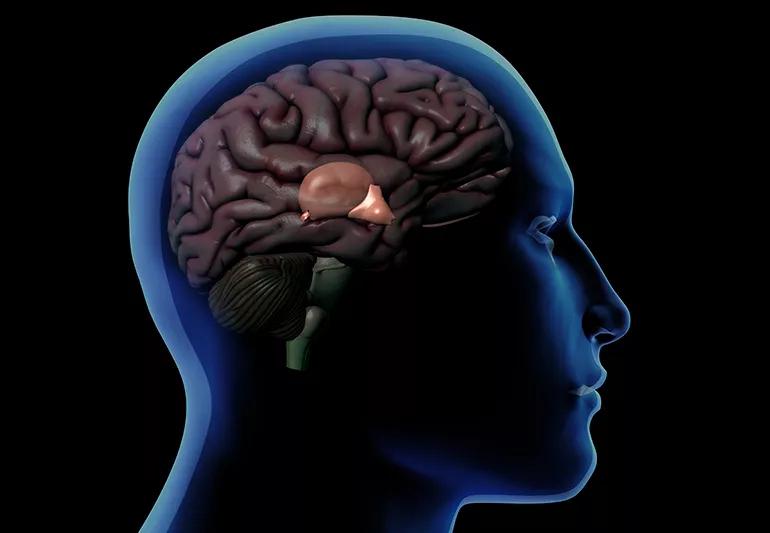The short answer from a sleep specialist

Image content: This image is available to view online.
View image online (https://assets.clevelandclinic.org/transform/92b3c91e-3749-41b8-a776-6b8a866d1f3c/melatonin-1092338204_jpg)
Profile of Male Head with Hypothalamus and Pineal Gland Anatomy
Melatonin is a hormone produced by your brain’s pineal gland, which controls your internal sleep and body clock.
Advertisement
Cleveland Clinic is a non-profit academic medical center. Advertising on our site helps support our mission. We do not endorse non-Cleveland Clinic products or services. Policy
The supplements you buy in the store contain a synthetic version of melatonin. They will not increase your sleep drive or put you to sleep, and most research does not show significant benefit in using them as “sleeping pills.”
But if melatonin is taken at a time and dosage that is appropriate for someone’s sleep problem, it can help shift the biological sleep clock earlier. This can be helpful for shift workers and people with circadian rhythm disorders.
My general recommendation is “less is more,” or 0.3 milligrams to 1 milligram taken several hours before bedtime. Unfortunately, most melatonin sold over-the-counter is available in doses ranging from 3 milligrams to 10 milligrams, which is much more than your body needs.
To allow your body’s own melatonin to work best, you should create optimal conditions. Keep lights dim in the evening and avoiding using a computer, smartphone or tablet before bed, as bright light exposure can inhibit the release of melatonin. In addition, getting light exposure in the morning can help keep your sleep-wake cycle on track, so get outside for a morning walk when you wake up, if possible.
— Sleep specialist Michelle Drerup, PsyD
Advertisement

Sign up for our Health Essentials emails for expert guidance on nutrition, fitness, sleep, skin care and more.
Learn more about our editorial process.
Advertisement
This sleep supplement may have side effects, but dependency isn’t one
This hormone helps your body prepare for sleep
A good source of melatonin, tart cherries may help you catch some ZZZs
What to expect after taking this increasingly popular sleep aid
Too much of the supplement can lead to an upset stomach, vomiting and diarrhea
While the supplement is safe, it’s best to talk to your child’s pediatrician first
Does this supplement help you get more ZZZ's
A new study has some promising findings
Type 2 diabetes isn’t inevitable with these dietary changes
Applying a hot or cold compress can help with pain
Pump up your iron intake with foods like tuna, tofu and turkey